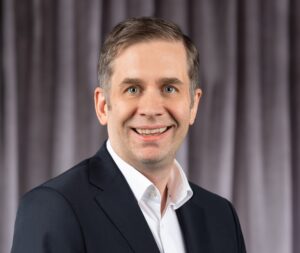SingTel is going to lead a pilot project to explore ways to telecommute and have flexible work arrangements, with the hopes of drawing an estimated 326,000 “economically inactive” Singaporeans back into the workforce.
By sending a modest 30 employees from five companies back to their own homes, the study aims to assess the viability of telecommuting on a larger scale and identify the problems that may arise out of such a work culture.
From April 1, these employees will spend 70 per cent of their working hours at home and will connect to their respective companies through various software service packages offered by SingTel. Unveiled on Tuesday, the project was awarded to SingTel by the Infocomm Development Authority (IDA).
The participating companies represent both large corporations and local SMEs, and includes SingTel, business consultancy Ernst & Young, software developer Ascentis, Rainforest e-Learning, and retail space designer IDV Concepts.
Solutions that will be experimented with include IP-based voice and video calls, online file-sharing and collaboration apps, and cloud-based call centre technologies.
SingTel hopes to eventually sell these solutions as part of its SME software service offerings.
In addition to the technical bits, the Singapore Human Resource Institute, Ernst & Young and Growth Point Consultancy will also jointly explore the human resource issues and other workplace policies that will have to be adapted to a home-based work culture.
Although the study is spearheaded by IDA, the exact figure of its financial contribution to the project remains confidential.
Partners, however, will have to fork out the cash to participate. IDV Concept’s director of business development Vincent Chew recounted “quite substantial costs” involved in his company’s participation in this study.
Nonetheless, representatives from all five companies believe the project will be worth their investment as it gives them a head-start in understanding how to deal with changing demographics in employment.
“Young people, especially, want flexible working styles, and we can no longer just close our eyes towards the trend,” said Chew.
The pilot study will run for a year, and will culminate in a paper to be published by the IDA in October next year.





